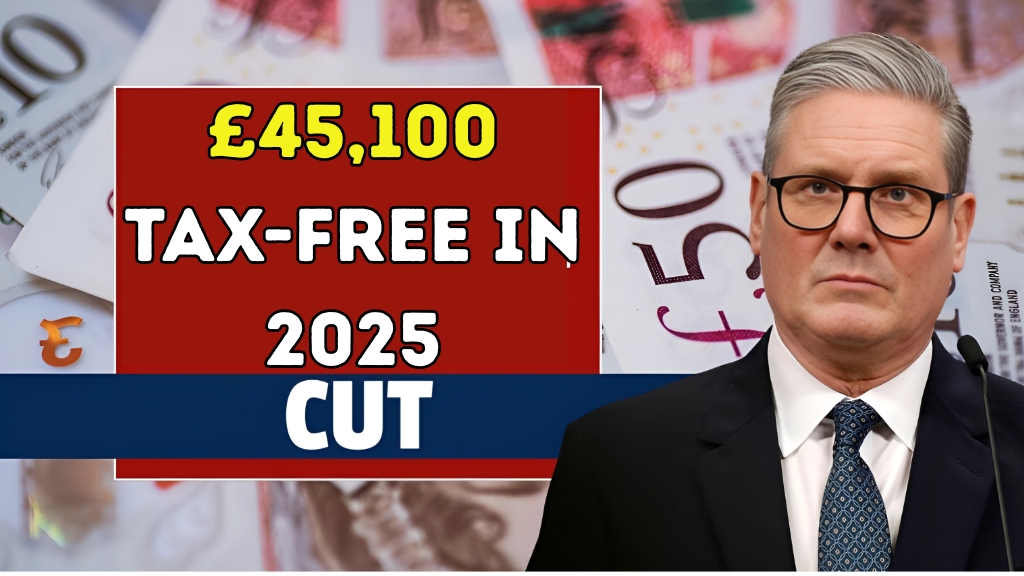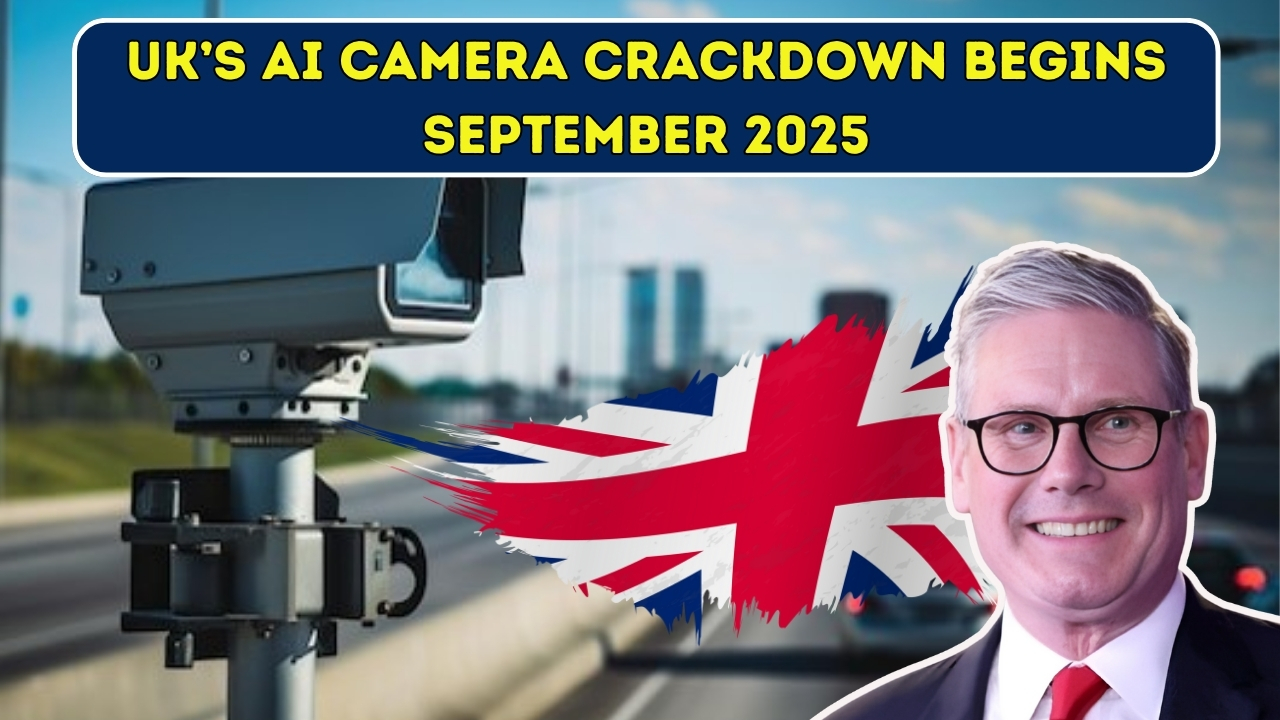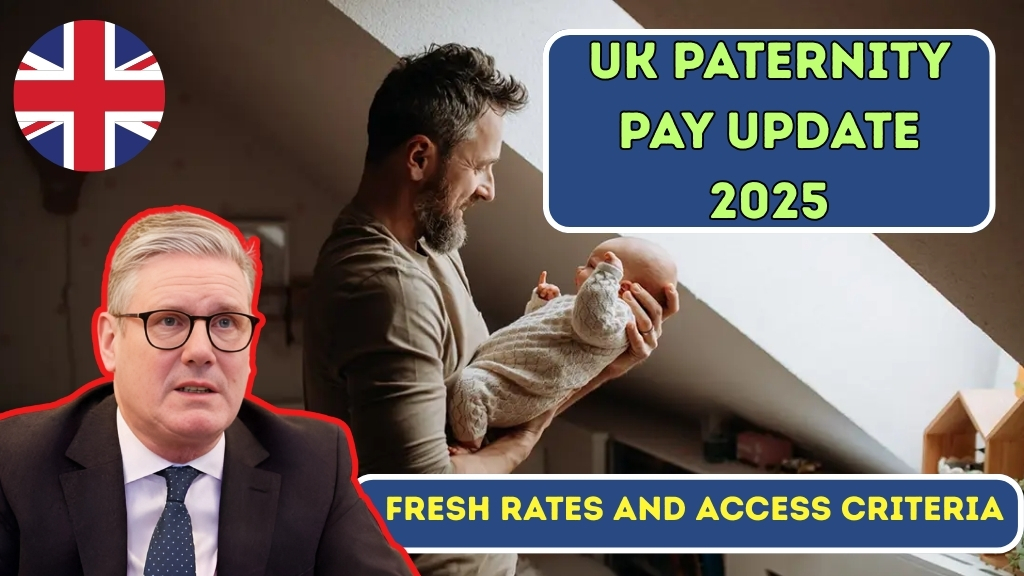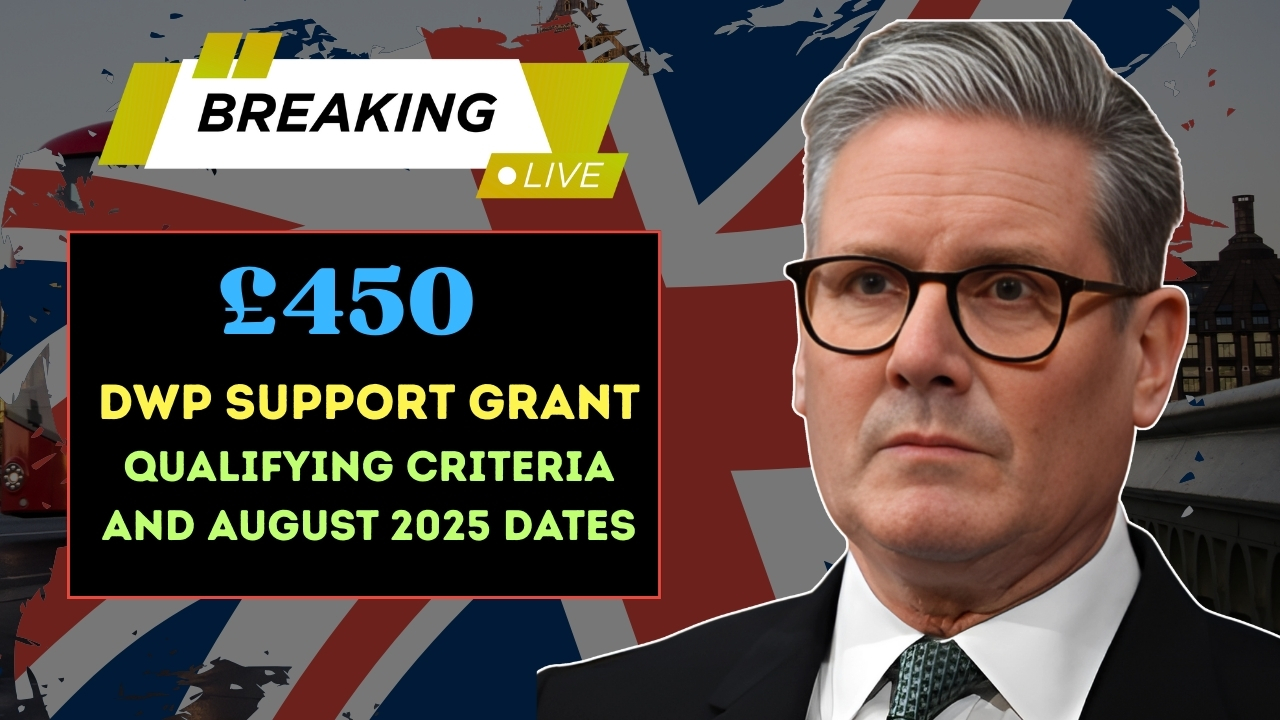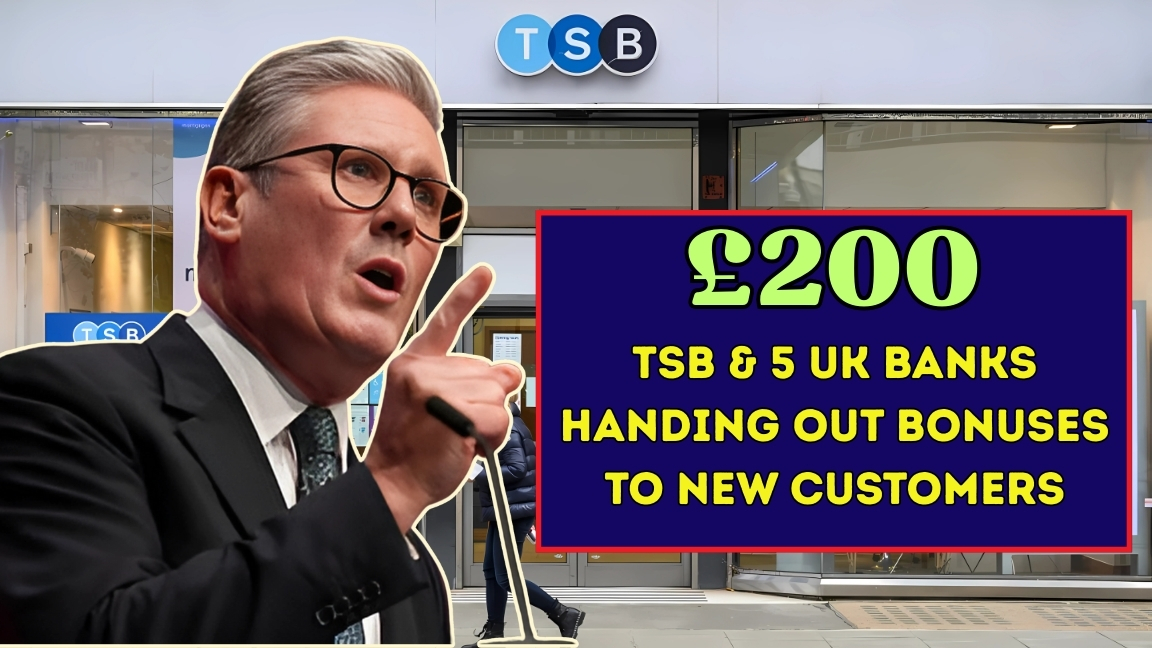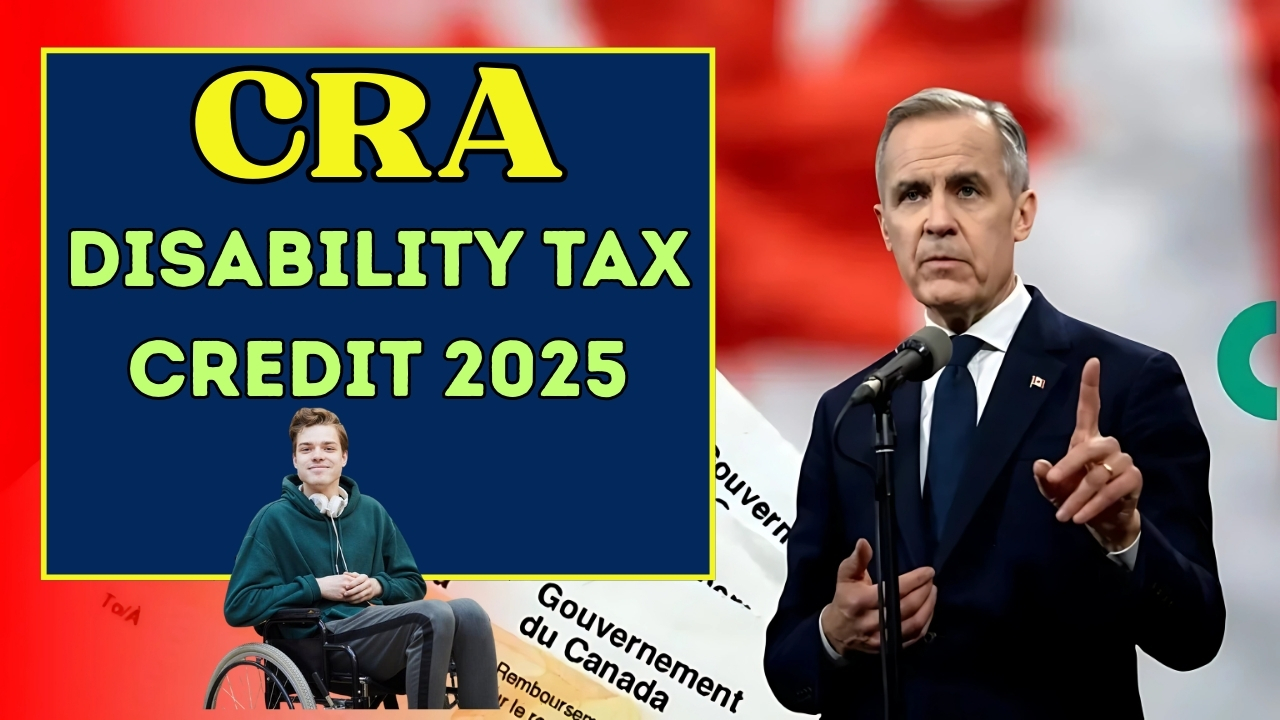Families earning between the national median and the cut-off would see the biggest boost, possibly taking home an extra couple of thousand pounds every year. Anyone clocking in at or above the £45,100 line could gain around £6,500 in taxes wiped away compared to what they pay under the rules we have now.
Those carrying smaller paychecks would pay no income tax at all under the plan, already a huge win when many bills just won’t stop climbing. Most of our everyday heroes—nurses, teachers, and everyone else keeping the public sector running—would have much more money to stretch at the end of every month, an encouraging change when their pay is regularly in the headlines.
Sound Reasons and Bigger Picture
Supporters argue the uplift would hit a triple target in one stroke. First, it gives instant breathing space to households already under the strain of rising prices. Because inflation is still biting, a cut so steep aims to reverse some of that lost buying power straight away.
Second, the extra tax-free allowance would be a shot of energy to the entire economy. Households that have a few more pounds in their pocket tend to spend it on groceries, car repairs, and the like, feeding money into shops and, in turn, keeping the cycle of income and jobs truckin’ along.
How It Fits With the Tax System
Even a rise that lifts the allowance to £45,100 won’t float in isolation—UK taxes have lots of rules and straps around them. Britons would still see national insurance, VAT, and other tariffs on their pay and purchases, so the proposal is big, but it still rides with the system we already have.
National Insurance payments are likely to stay on their own track and won’t be mixed into the new allowance. They’ll still be collected like usual, using the income limits and rates we already know.
Also, the Personal Allowance cut for people making over £100,000 a year isn’t expected to change. That means the wealthiest won’t see the full benefit of the extra allowance, since the value of their allowance shrinks the more they earn.
Getting Ready for Tomorrow’s Budget
Taxes are still changing, and that makes smart money planning more important than ever. Here are four steps to consider right now:
Keep an eye on news from HM Treasury and HMRC to spot official updates and new rules.
Chat with a trusted financial advisor to see how possible tax shifts could change your own money picture.
Think about changing how much you put into pensions and other savings that get you tax relief.
Go over your family’s budget to see how a higher paycheck could be spent.
Whether this new plan takes flight or stays on the drawing board, knowing how it would work lets UK workers get their financial houses in order early, so they’ll be ready for whatever tax system actually kicks in from 2025 on.
